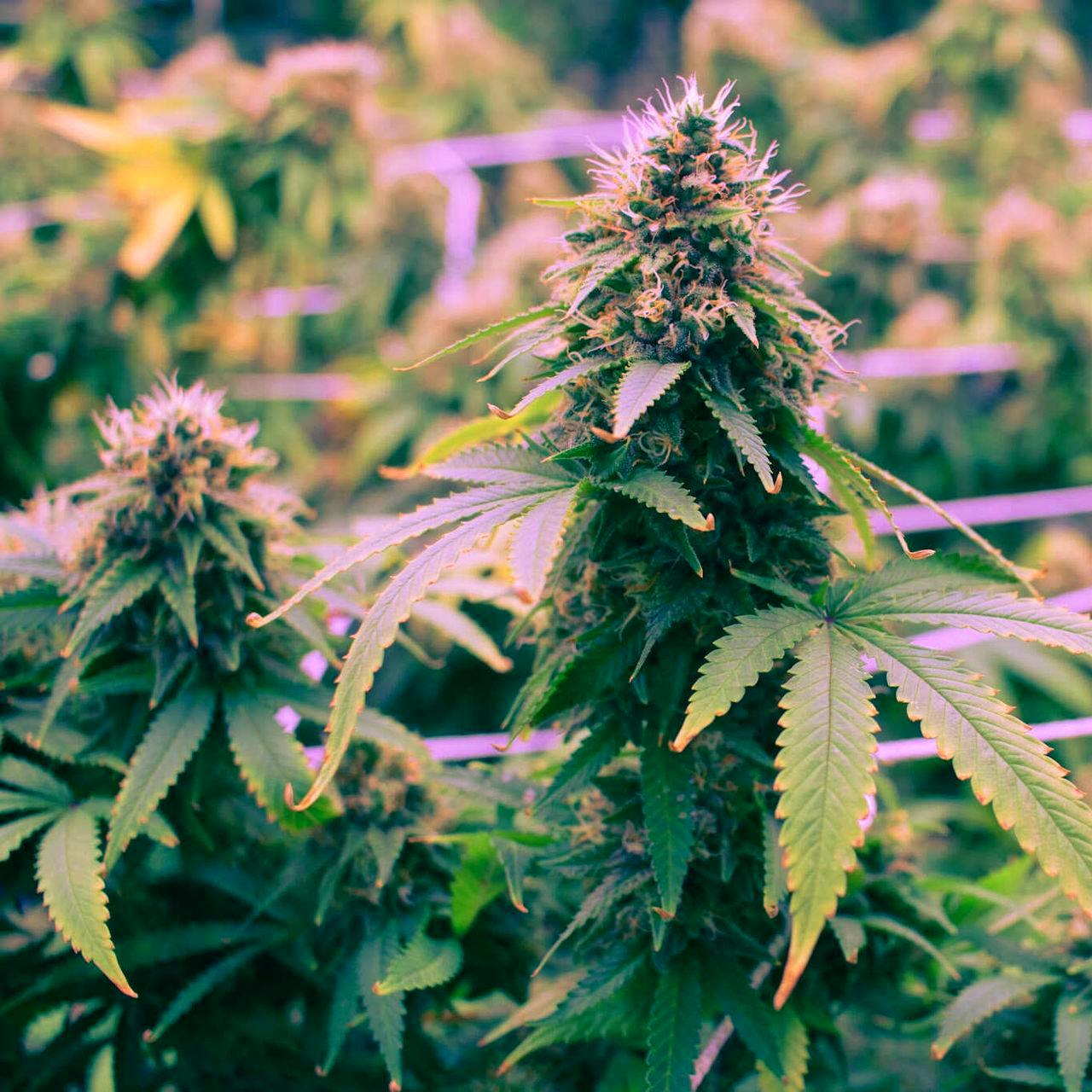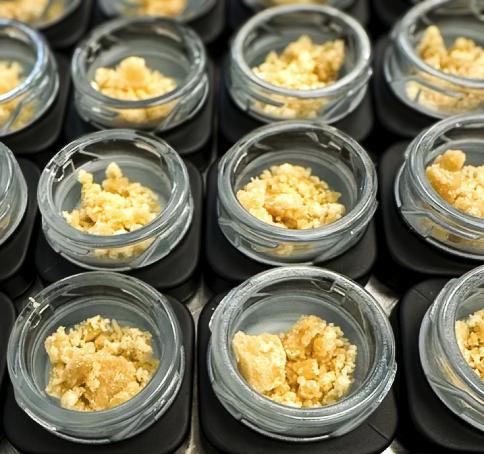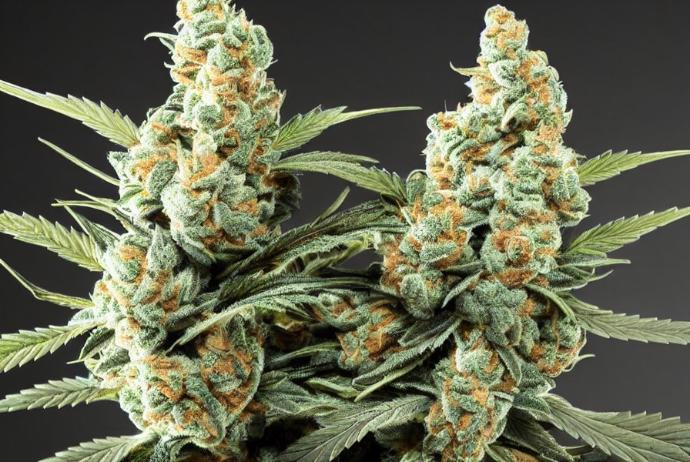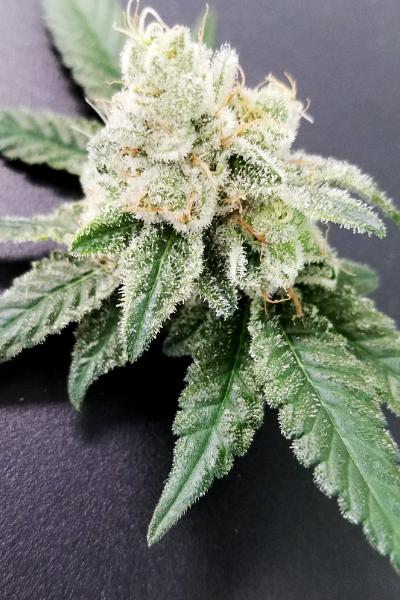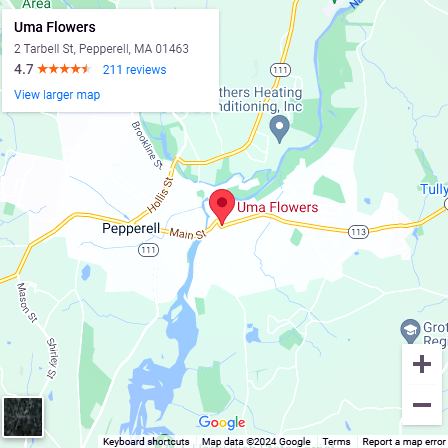Eucalyptol, also known as 1,8-cineole, is a naturally occurring organic compound that is famed for its crisp, refreshing, and cooling aroma. Predominantly found in eucalyptus trees, this compound has carved a niche for itself in various industries, including pharmaceuticals, cosmetics, and aromatherapy, due to its distinctive and potent properties.
Historical Insights into Eucalyptol
Discovery and Traditional Uses
Eucalyptol's story begins with the eucalyptus trees of Australia, where its medicinal qualities were first discovered by indigenous peoples. They used eucalyptus leaves to heal wounds, cure fungal infections, and clear respiratory pathways. When the distinctively minty aroma of the eucalyptus leaves was later analyzed, eucalyptol was identified as a key component responsible for many of these therapeutic effects.
Evolution into Commercial Use
As global interest in natural and alternative medicine grew, so did the commercial value of eucalyptol. By the late 19th century, it was being distilled on a commercial scale and incorporated into a multitude of products, including cough syrups, ointments, and inhalants, thanks to its soothing and anti-inflammatory properties. Its use in aromatherapy also surged, with its cooling scent believed to enhance concentration and reduce stress.
Natural Sources of Eucalyptol
Contributions to Scents and Flavors
Eucalyptol is celebrated for its ability to impart a clean, sharp scent that can clear the senses and refresh the environment. This compound not only dominates the aromatic profile of eucalyptus but also contributes to the flavors and scents of other plants, playing a crucial role in their interaction with their ecosystems, possibly aiding in defense against pests and attracting pollinators.
Key Natural Sources
- Eucalyptus Globulus: The primary source, known for its potent eucalyptol content.
- Bay Leaves: Adds a subtle sharpness to the herb’s complex flavor profile.
- Tea Tree: Enhances its characteristic medicinal and camphoraceous aroma.
- Rosemary: Contributes to the herb's refreshing and invigorating scent.
- Sage: Provides a hint of freshness to its earthy aroma.
These sources are not only culinary delights but also staples in traditional medicine cabinets, each utilizing eucalyptol to enhance their ecological and pharmacological effectiveness.
Contemporary Perspectives on Eucalyptol
Recent Research and Consumer Products
Recent research has focused on eucalyptol's potential anti-inflammatory, antioxidant, and bronchodilatory effects. These studies aim to better understand how eucalyptol can be effectively incorporated into treatments for conditions like asthma and COPD. In consumer products, eucalyptol is a staple in dental hygiene products for its antimicrobial properties, in addition to being a popular ingredient in topical analgesics and respiratory relief aids.
Extraction and Synthesis Techniques
Eucalyptol is primarily extracted through steam distillation of the leaves of eucalyptus and other plants rich in this terpene. Advances in technology have also led to synthetic methods of producing eucalyptol, which help meet the high demand in a sustainable and economically feasible way, ensuring a consistent supply without depleting natural resources.
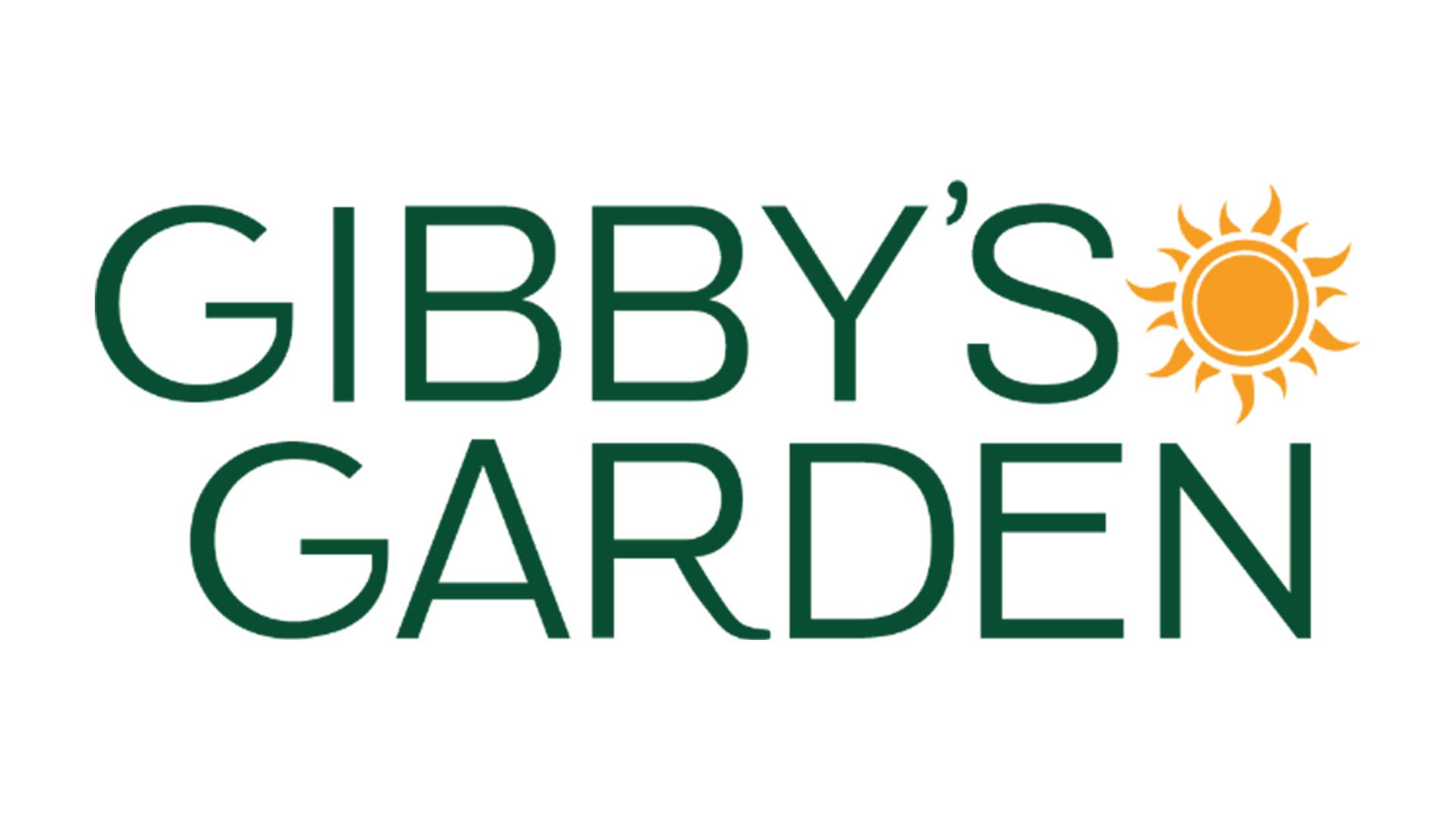
Future Implications for Eucalyptol
Innovations in Production and Ethical Considerations
As the demand for natural and effective ingredients increases, the methods of eucalyptol extraction and synthesis are expected to become more advanced and environmentally friendly. The balance between meeting commercial demands and ensuring ethical practices in sourcing and production is crucial for sustainability in the eucalyptol market.
Market Growth and Potential
The market for eucalyptol is anticipated to expand, driven by its widespread use in healthcare and household products. With an increasing focus on clean, natural ingredients, eucalyptol's appeal is expected to grow, potentially leading to broader applications in more consumer products.
The Enduring Essence of Eucalyptol
Eucalyptol (1,8-cineole) embodies the essence of nature's healing power and aromatic generosity. Its journey from the Australian forests to global markets underscores its cultural and therapeutic significance. As research continues to unlock its potential benefits, eucalyptol stands out as a beacon of holistic health and wellness, reminding us of the profound impact natural compounds can have on our daily lives.


